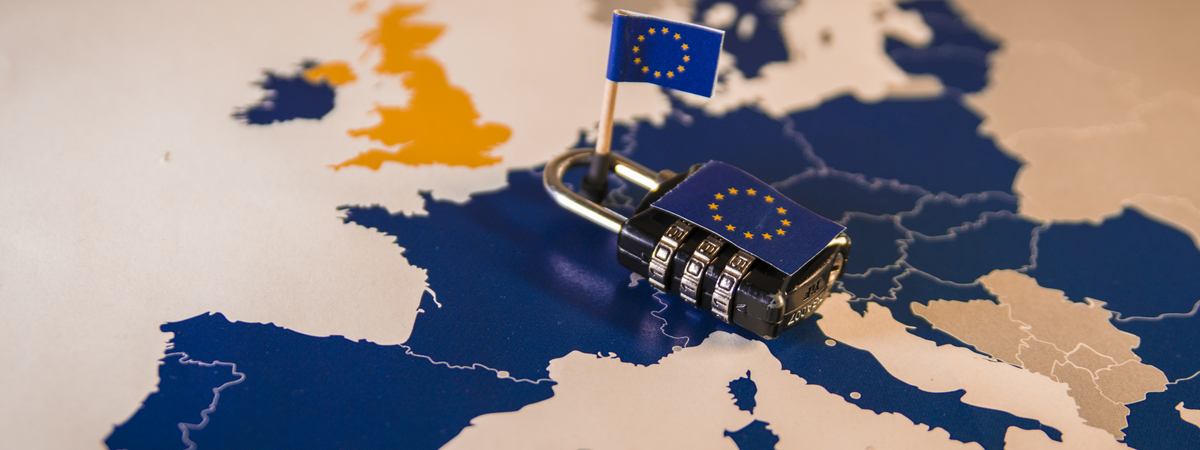On Oct. 18, 2022, the UK Information Commissioner’s Office (ICO) updated its “Guidance on Direct Marketing Using Electronic Mail,” providing refreshed FAQs regarding what constitutes electronic mail marketing, related rules and responsibilities, and miscellaneous clarifications to compliance questions such as “are tracking pixels covered by the electronic mail marketing rules?” (Short answer: technically no, but











